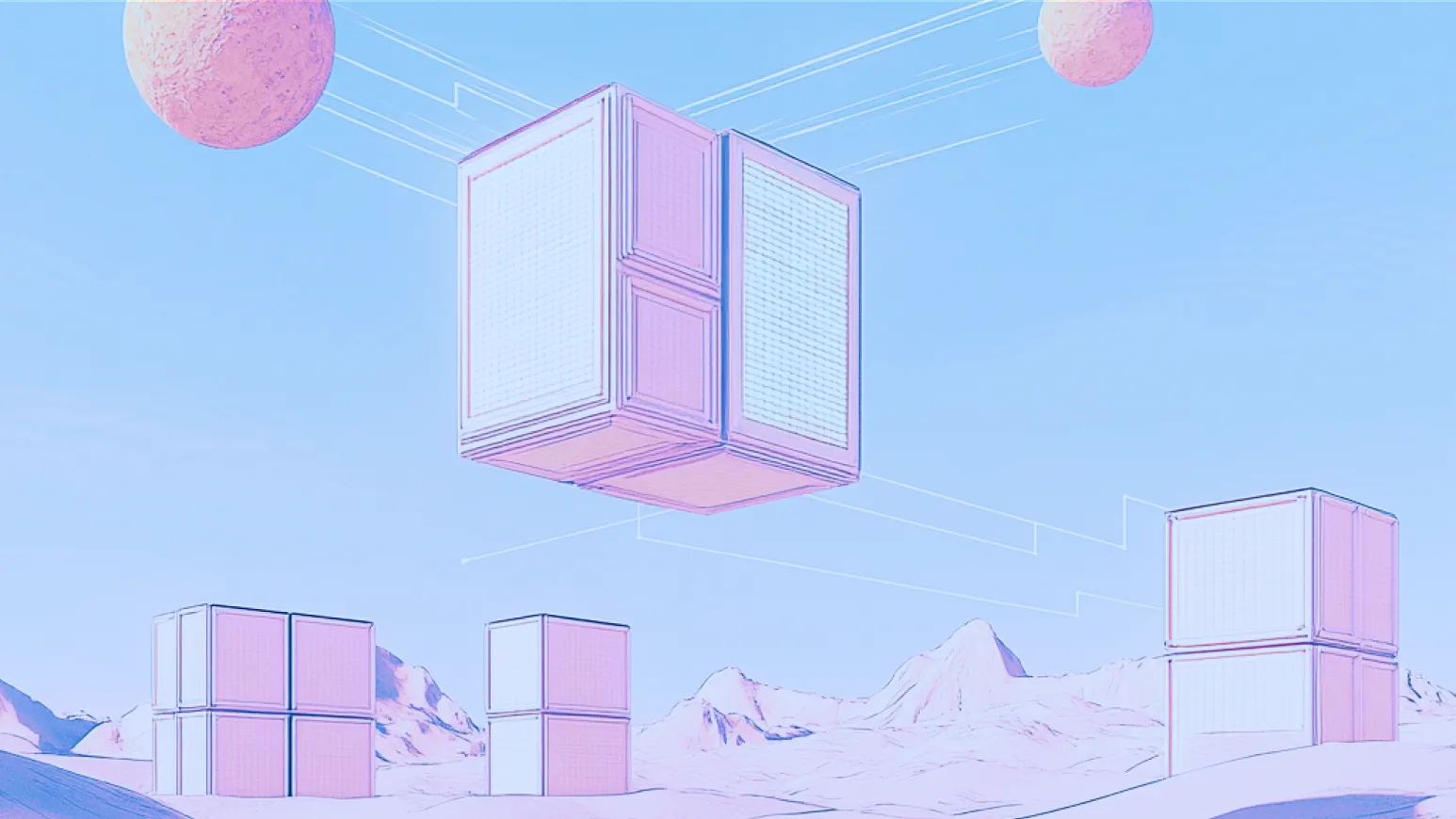

TLDR
Key Metrics:
Artificial intelligence is changing the way government agencies operate. The automation of internal processes, coupled with AI-infused, citizen-facing tools, speeds up routine processes in the public sector, eliminating the need for additional personnel. Thanks to AI's superior decision-making abilities, government agencies can use the technology to streamline complex processes such as grant and proposal management.
Let's take a closer look at how government agencies are using AI in the public sector to provide better services, reduce administrative burdens, and achieve measurable improvements in speed, accuracy, and cost-effectiveness.
How Is AI Being Used in the Public Sector?
A lot of public sector work involves processing large volumes of documentation, guidelines, and regulations to make case-by-case decisions. Whether evaluating grant applications, reviewing compliance reports, or determining benefit eligibility, public sector employees spend countless hours navigating complex bureaucratic processes.
AI in the public sector transforms this challenge by leveraging data to accelerate decision-making while maintaining accuracy and consistency. Instead of manually reviewing hundreds of pages of regulations or searching through scattered policy documents, government workers can access relevant information instantly and make informed decisions faster.
This shift is happening across all levels of government, from federal agencies managing national programs to local offices serving individual citizens. The common thread is the use of AI to process the mountains of documents and data that define government operations, which leads to greater efficiency for employees and faster, more consistent service for citizens.
What Problems Does Public Sector AI Solve?
Public sector organizations face unique challenges that AI can address.
Document processing bottlenecks: Government agencies process thousands of documents every day, ranging from grant applications to regulatory filings. Manual review can cause delays and inconsistencies, as well as putting a strain on resources. This process can also be tedious for employees. AI accelerates and facilitates document processing by automatically extracting and validating information.
Information access barriers: Complex regulations and procedures are often buried in lengthy documents such as manuals and legal codes. AI can offer citizens rapid and accurate information by referencing current policy documents, municipal codes, and service updates.
Operational inefficiencies: AI modernizes internal and external research experiences by unifying organizational databases, policy documents, and public records, and exposing them through a single, intelligent search interface to improve information discovery and service delivery.
Inconsistent decision-making: AI agents and standardized workflows can provide proactive guidance for citizens and staff through complex processes, ensuring positive outcomes with evidence-based recommendations.
Public sector AI can be the backbone of modern, resilient government infrastructure when thoughtfully integrated into these workflows.
What Is an AI Tool for Evaluating Proposals?
The German Federal Ministry of Research, Technology, and Space (BMFTR) is using AI to automate tedious manual processes, while ensuring the highest level of factual accuracy and accountability. This deepset client manages several million euros in annual project funding and previously struggled with staff navigating a complex 200-page Project Funding Manual in their grant evaluation process. They commissioned the development of an AI chatbot that revolutionized the process.
Technical architecture: The team implemented a RAG (retrieval augmented generation) architecture that ensures responses are based exclusively on approved documentation, and provides source citations for every answer. This architecture also eliminates the risk of hallucinations.
The tool:
- Provides accurate answers with source verification in under 3 seconds
- Handles 1000 queries per week without additional staff resources
- Meets 100% of C5 cloud security criteria
- Was developed in under six months, from idea to finished product
User-centered design: The development team worked with 20 end users to ensure the solution effectively addresses real-world use cases. As project manager Josefine Theden-Schow noted, "By involving the users from the beginning and focusing on the UX, we were able to create a successful product that has been well-received."
How Long Does the Grant Approval Process Currently Take?
The BMFTR case study reveals dramatic improvements in processing times through AI implementation. The traditional approach required staff to manually search through a 200-page manual, which created significant delays in grant approval workflows.
Efficiency gains:
- Response time: Each question receives a response in less than 3 seconds, compared to minutes or hours previously required for manual research
- Volume capacity: The system handles 1000 queries per week without requiring additional staff resources
- Implementation speed: The entire solution was developed in just 6 months from idea to finished product
The implementation resulted in reduced issue resolution time and enhanced transparency through verifiable source citations. Staff can now focus on higher-value analysis and decision-making rather than spending time searching for information.
What Are Other Use Cases for AI in the Public Sector?
Beyond grant management, AI in the public sector is transforming numerous aspects of operations:
Financial regulation and compliance: Another deepset client, a government agency that audits insurance companies, uses a customized AI tool to analyze insurance company liquidity. Analysts can evaluate cases more quickly and thoroughly than through manual processing alone by routinely running hundreds of tests to determine if a company can cover its liabilities.
Healthcare administration: Public healthcare systems implement AI for treatment planning and administrative efficiency, improving patient outcomes and reducing costs.
Education and training: Public educational institutions use AI to automate administrative tasks, such as scheduling timetables.
Citizen services and support: Government agencies use AI-powered chatbots and virtual assistants to provide 24/7 support to citizens, answering common questions and guiding them through complex processes.
Emergency response: AI improves disaster response by analyzing real-time data, coordinating resources, and offering predictive insights for emergency management.
Getting started
The adoption of AI in the public sector signifies a significant shift toward more efficient, transparent, and effective government operations. The German Federal Ministry's transformation of its grant management system exemplifies how AI can solve complex operational challenges while maintaining high standards for security and compliance.
Success requires careful planning, user-centered design, robust security measures, and ongoing evaluation to ensure that AI serves the public interest while protecting citizens' rights and privacy. The future of public sector AI lies in thoughtful implementation that enhances human capabilities rather than replaces them.
deepset is an outcome-focused AI leader that helps enterprises and the public sector build secure AI applications — fast and fully customized to their highest-value use cases. Since 2018, we have helped customers such as Airbus, OakNorth Bank, and The Economist develop production-ready AI products.
Are you ready to explore how AI can transform your public sector operations? Talk to us – we can help you understand what it takes to make AI work for your government and public sector use cases.
Curious about building AI Apps and Agents?
Table of Contents







